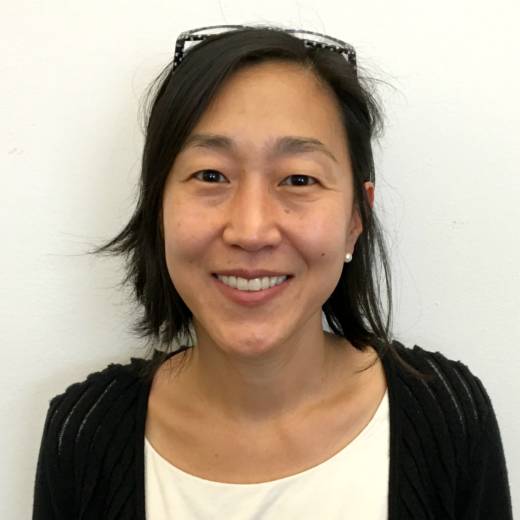If you're like most people, before this year's effort to repeal and replace Obamacare you probably didn't know the difference between Medicare and Medicaid. Just to set the record straight, Medicare is the federal health insurance for the elderly, and Medicaid is the governmental health insurance program for the poor. Care for the elderly. Aid to the poor.
Things have changed a lot in the last few months. Some are now suggesting Medicaid may the new third rail in politics, a testament to its role in stalling and ultimately derailing Republican repeal efforts.
Medicaid is arguably our healthcare system's best kept secret. Since its inception in 1965, it's grown to outstrip Medicare in terms of the number of people it touches. The numbers are astounding. Medicaid currently covers one out of every five Americans and one in three Californians. It also covers nearly 50% of all births and 40% of all children in the U.S., not to mention 65% of all nursing home residents.
It's easy to understand why people don't realize the outsized societal role Medicaid plays when you realize that it's actually 50 different programs. Known as Medi-Cal here in California, it's HealthWave in Kansas, Green Mountain Care in Vermont, and EqualityCare in Wyoming. It's not just differences in branding, though. Every state's Medicaid program is unique in terms of who's eligible and what services are covered
The result is a patchwork program with big gaps as you move from state to state. Obamacare began to fill in these gaps by expanding Medicaid to nearly all low-income adults. It was the single biggest step towards universal coverage in the last 50 years, but plateaued after 19 states decided against expanding their programs.
